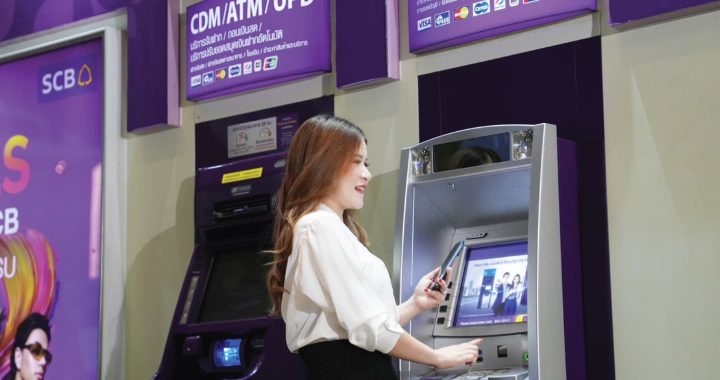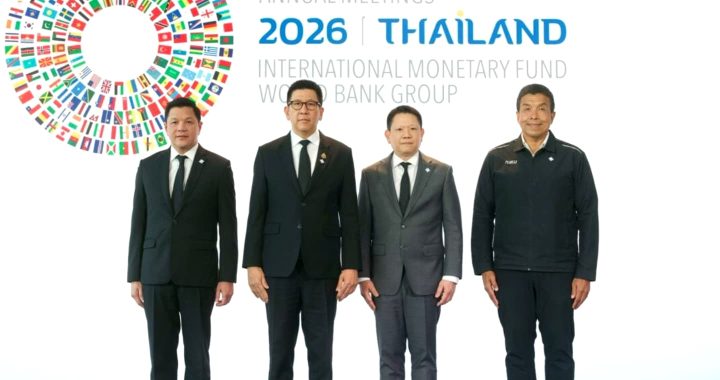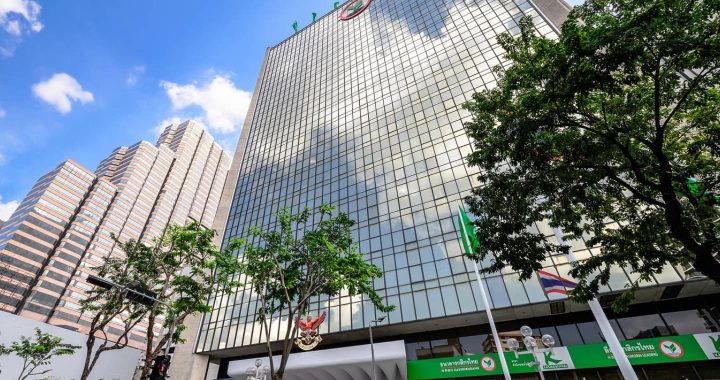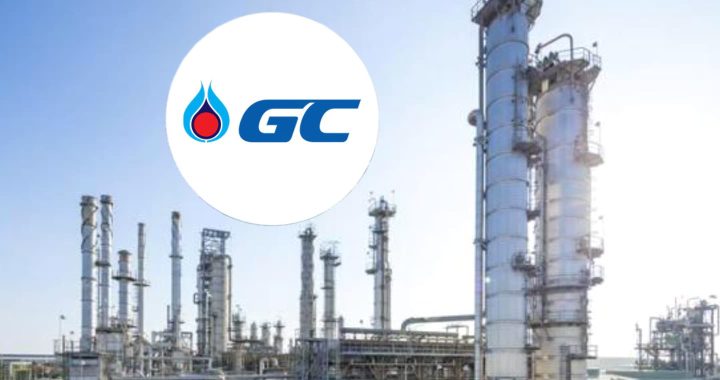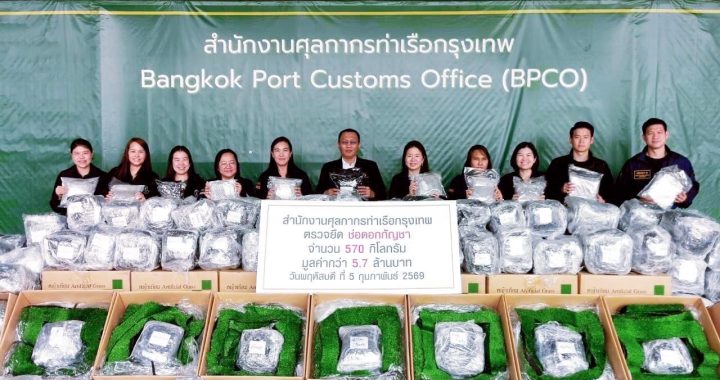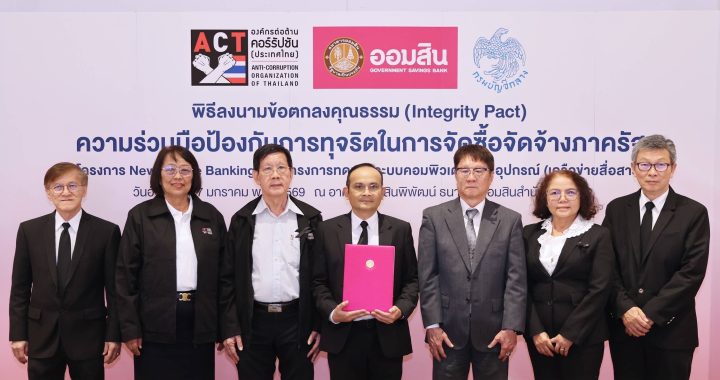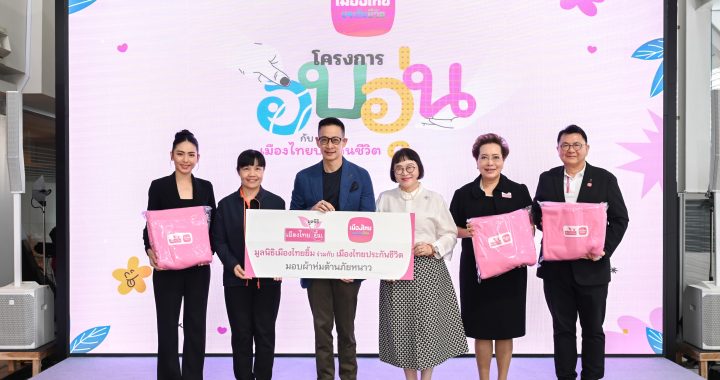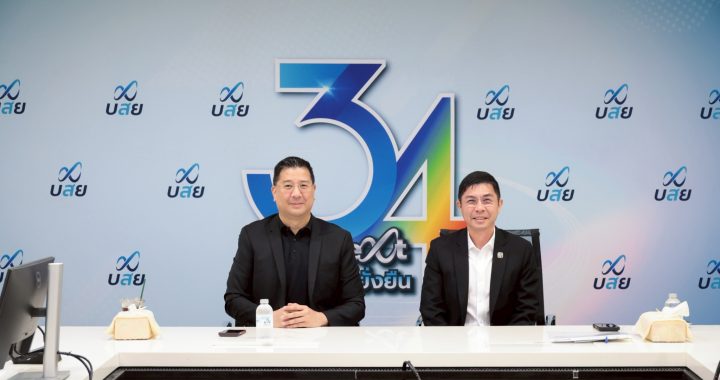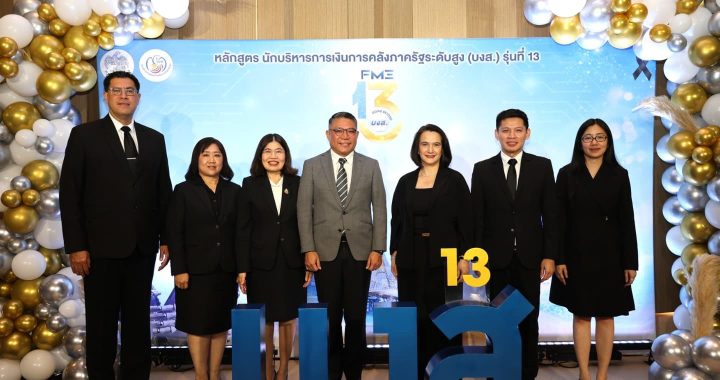KASIKORNBANK announced the the first half of 2022 net profit of Baht 2.2 Million
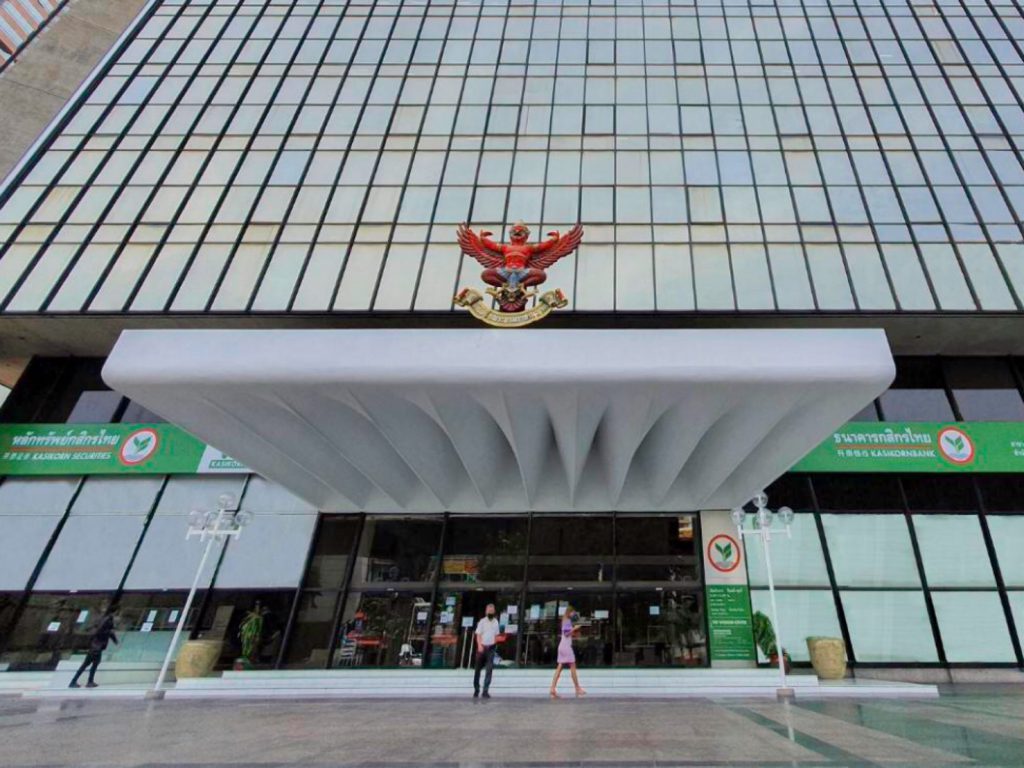
KASIKORNBANK announced the the first half of 2022 net profit of Baht 22,005 Million

Ms. Kattiya Indaravijaya, Chief Executive Officer of KASIKORNBANK, said the Thai economy continued to grow in the second quarter of 2022. Private consumption, investment, and exports increased along with positive signs in the tourism sector, showing that international tourist arrivals rose following the relaxation of international travel restrictions. However, industrial production remained subdued amid elevated production and energy costs, as well as multiple parts shortages. Looking into the remainder of 2022, the Thai economy will grow further, but the soaring inflation should be closely monitored as it may affect household spending and the Thai policy rate that would be on an upward trend. However, KBank and its subsidiaries have made a strategic move through using new technology and processes including commercial partnerships to boost access to banking services among a broader range of the public, that can help them enter the banking system to get capital and liquidity support and benefit from banking products and services.
Operating performance for the first half of 2022 compared with the first half of 2021,
KBank and its subsidiaries reported net profit of Baht 22,005 Million, an increase of Baht 2,484 Million or 12.72% over the same period of 2021 mainly due to an increase of net interest income by Baht 5,913 Million or 10.22% from interest income from loans to customers according to growth of new lending in line with the Bank’s business direction and lending to support customers to resume normal business operations in line with the economic expansion from the relaxation of both domestic and international measures. While non – interest income decreased by Baht 4,671 Million or 20.28%, mainly due to the mark to market according to market condition of financial assets which is the normal investment business of subsidiary. In addition, net premiums earned – net and fees from fund management decreased. Other operating expenses increased by Baht 1,860 Million or 5.53%, mainly due to marketing expenses and employee expenses. Moreover, KBank and its subsidiaries set aside expected credit loss that was approximate to the same period of 2021 with continuous prudent consideration on economic factors.
Operating performance for the second quarter of 2022 compared with the first quarter of 2022,
KBank and its subsidiaries reported net profit for the second quarter of 2022 amounting to Baht 10,794 Million, a decrease from the preceding quarter of Baht 417 Million or 3.72%. Net interest income increased by Baht 261 Million or 0.82% mainly due to interest income from loans to customers according to loans growth. NIM stood at 3.21%. In addition, non – interest income increased by Baht 637 Million or 7.17% mainly due to net premiums earned – net increased, while the mark to market of financial assets, fees from fund management and brokerage fees decreased according to market condition. Other operating expenses increased by Baht 680 Million or 3.90% mainly due to marketing expenses and premises and equipment expenses, resulting in the cost to income ratio that stood at 43.53% in this quarter. Moreover, KBank and its subsidiaries set aside higher expected credit loss from the preceding quarter by Baht 516 Million or 5.53% according to loans growth and economic factors.
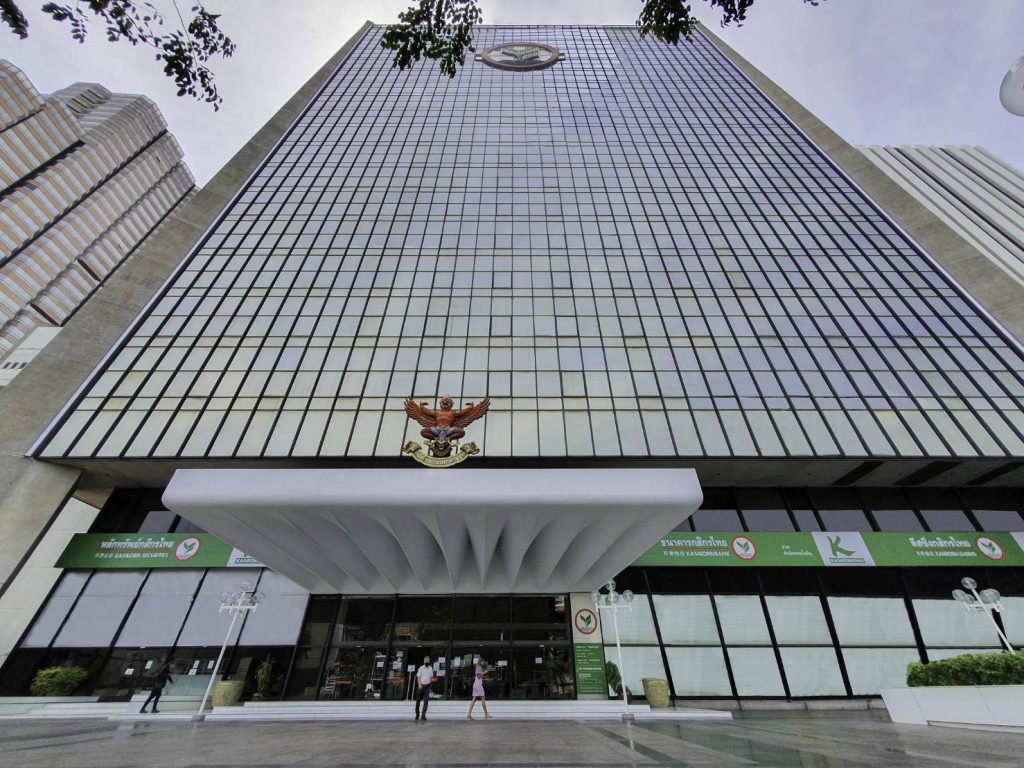
As of 30 June 2022, KBank and its subsidiaries’ total assets were Baht 4,187,779 Million, an increase of Baht 84,380 Million or 2.06% over the end of 2021. The majority came from loans growth. As of 30 June 2022, NPL gross to total loans stood at 3.80%. KBank has proactively embarked on cooperation with professional partners not only enhance the effectiveness of non-performing loans management, but also revive customer’s financial status and return these customers to the financial system in the future. In addition, as of 30 June 2022, KASIKORNBANK FINANCIAL CONGLOMERATE’s Capital Adequacy Ratio (CAR) according to the Basel III Accord was 18.37%, with a Tier-1 Capital ratio of 16.39%.




